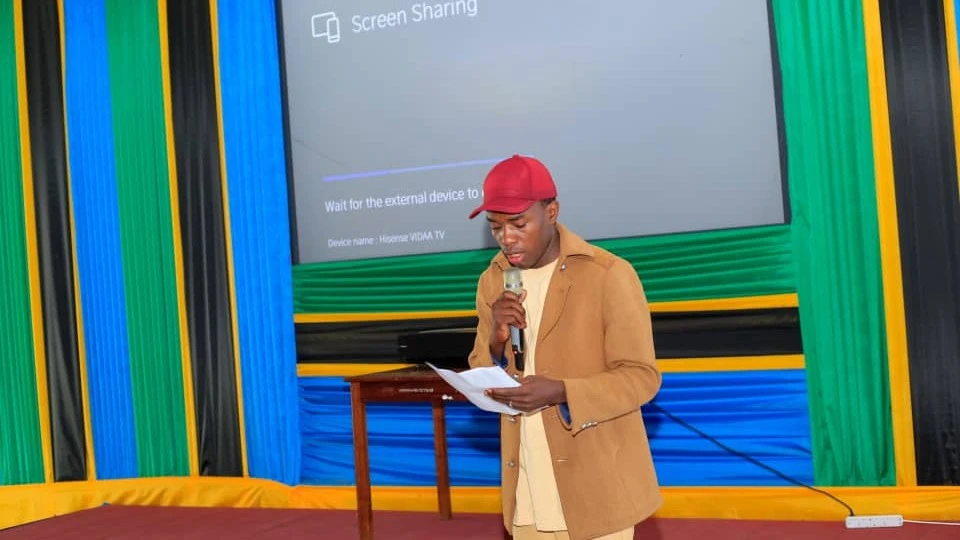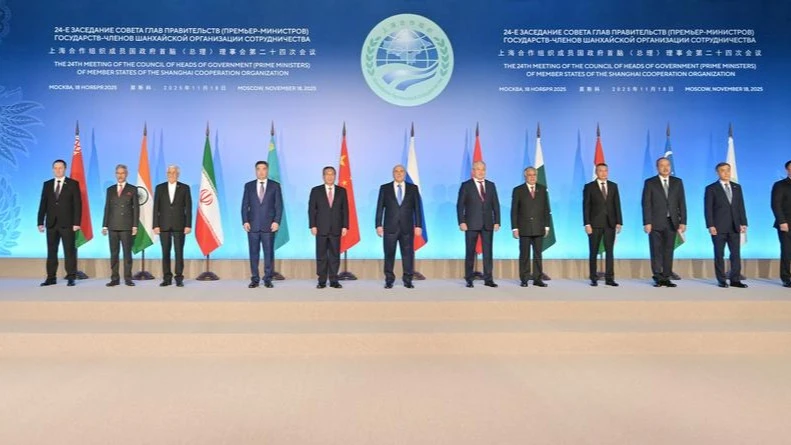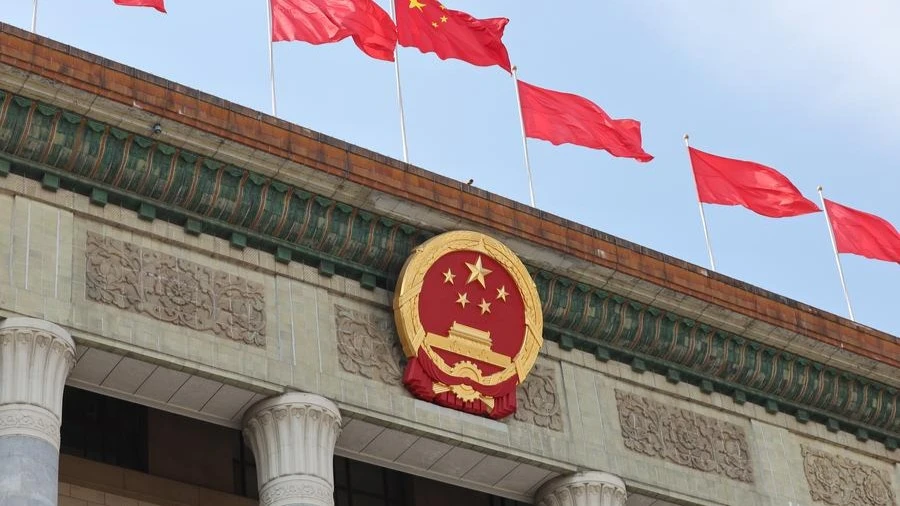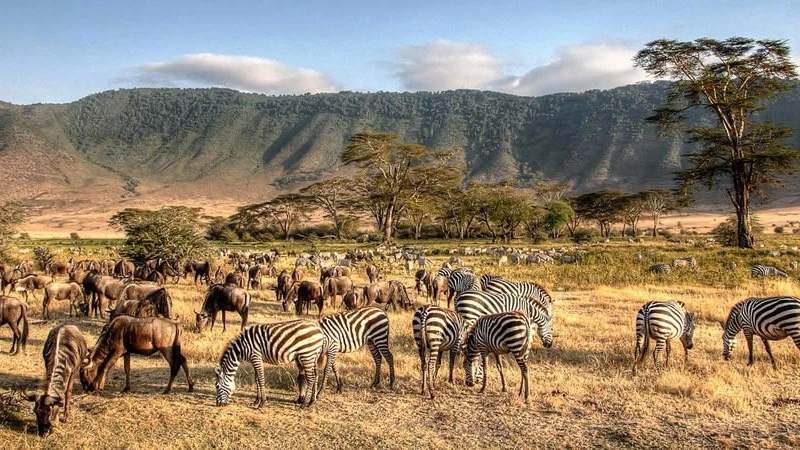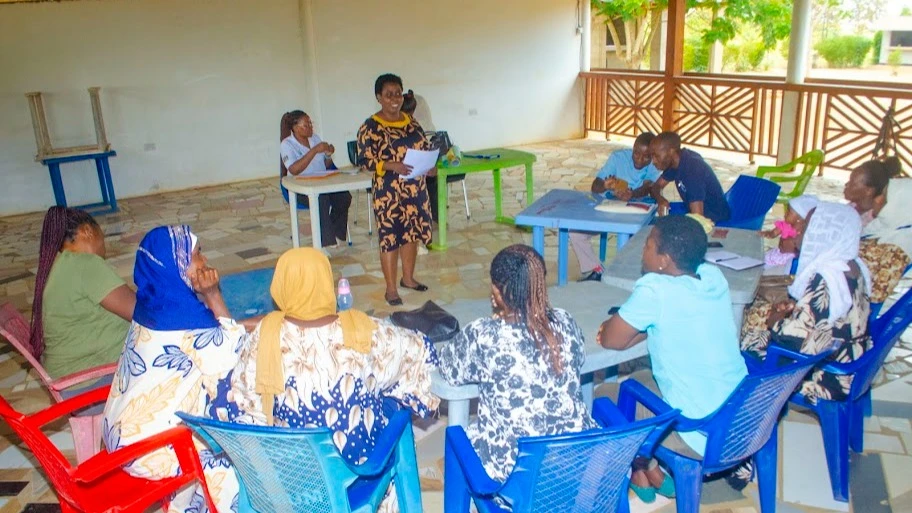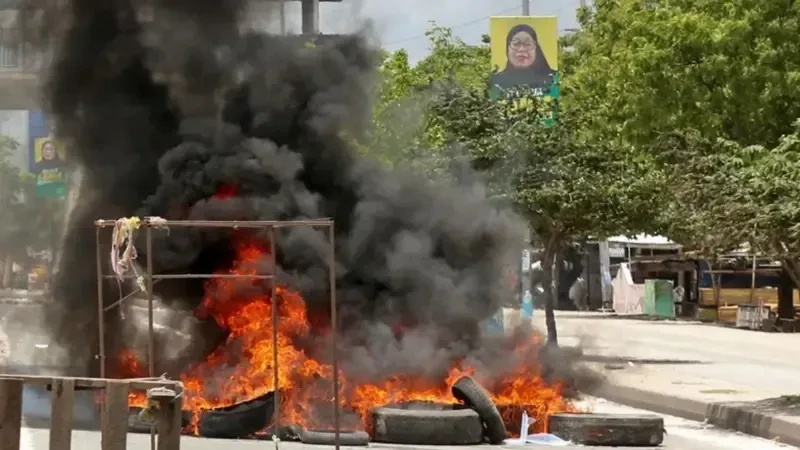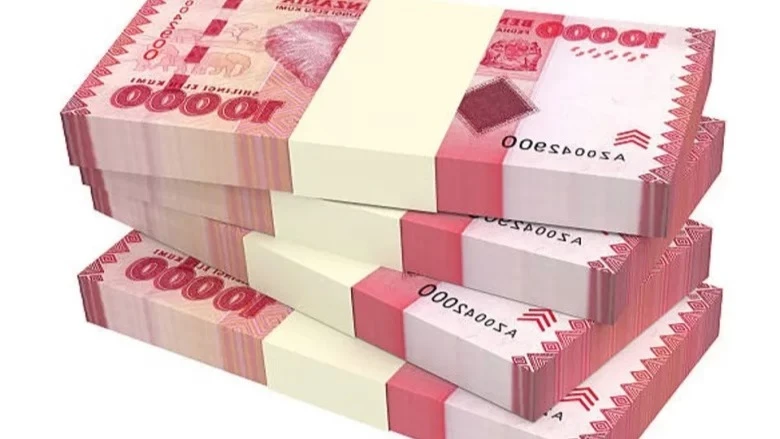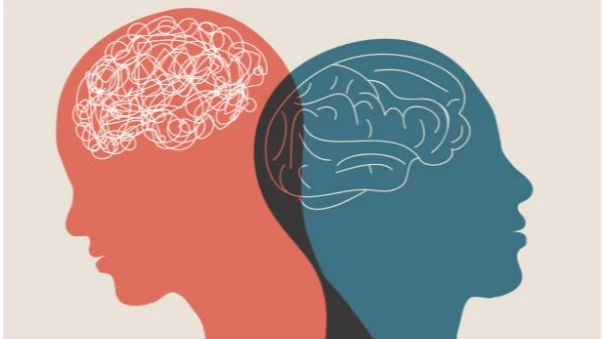Local government, UN and NGOs partnership sparks transformative change within communities in Tanzania
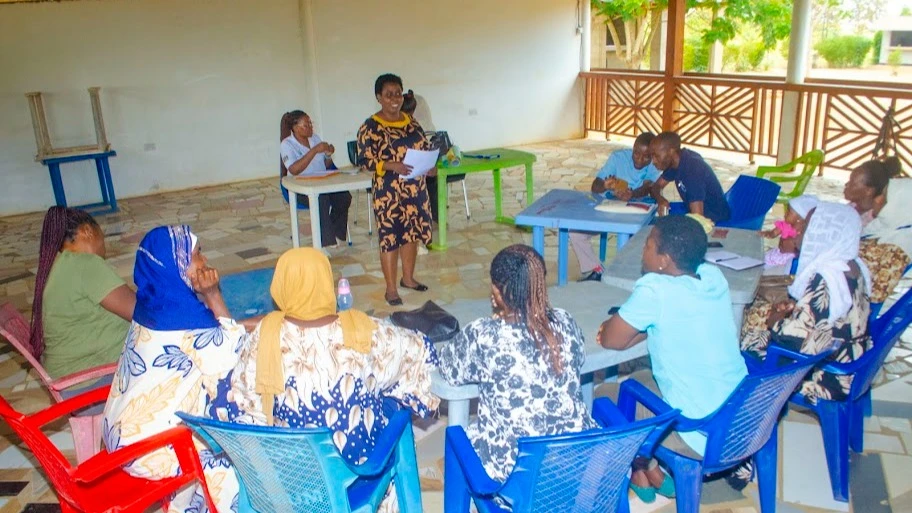
OVER the years, partnerships between the local government, UN agencies and CSOs have proven to be effective to improve the livelihood of Tanzanians in rural and urban areas alike. There are several partnerships which have indeed made an impact in the lives of ordinary Tanzanians and one such example is the Women Leadership and Economic Rights (WLER) project.
Launched in August 2023, the project is making remarkable strides in strengthening women’s participation, leadership, and economic empowerment in Tanzania. Implemented by the Tanzania Gender Networking Programme (TGNP) in collaboration with local governments and UN Women, the initiative currently operates in four regions including Dar es Salaam, Pwani, Mtwara, and Lindi covering 18 district councils.
The project aims to empower women and girls by addressing barriers stemming from patriarchal norms, poverty, and gender discrimination as well as addressing harmful practices such as prearranged child marriages, teenage pregnancies, and the heavy burden of unpaid care work that often limits women’s economic opportunities and leadership potential. WLER seeks to transform these barriers, promote joint decision-making at household and community levels, and increase women’s leadership in public life.
Empowering local governments, communities
In its second year, the project focused on strengthening the capacity of Local Government Authority (LGA) duty bearers and community facilitators to implement gender and disability responsive strategies. As a result of the engagement a Participatory Action Research (PAR) and co-creation mechanisms have been introduced, resulting in the development of 50 gender responsive micro socio-economic plans and 326 action plans.
For instance, Mtua Ward in Lindi has integrated Gender-Responsive Budgeting (GRB) into development planning, leading to proposals for a Maternal and Child Health Unit, new classrooms, and a village tractor project to ease women’s agricultural labour. Kisarawe District allocated over 500m/- for interest-free loans to women, youth, and persons with disabilities. Notably, inclusive sanitation facilities were constructed in local secondary schools.
Grassroots transformation through networks
The Women Leadership Economic Rights Project has led to the establishment of Nineteen Gender Grassroots Transformative Networks (GGTNs) to drive feminist movements and gender equality at the community level.
These networks have conducted gender analysis, identified challenges, and mobilized community members to implement local solutions. A notable achievement includes the construction of a public toilet at Mtua Dispensary in Lindi, funded through local contributions.
Male engagement has also been a critical component, with 102 men participating in dialogue sessions across Dar es Salaam, Pwani, Lindi, and Mtwara. The male engagement entailed discussions focused on supporting women in leadership, sharing domestic responsibilities, and promoting joint property ownership.
In Mkunwa ward in Mtwara region, men adopted the slogan “Wanawake Wanaweza, Sisi Wanaume Tukiwawezesha” (“Women Can if Men Empower Them”) to champion women’s leadership.
Stories of transformation
The project has helped to change the narratives of some of the women in the country with one being Ashura Chewa’s journey whose story is one of the many inspiring examples.
A respected community member, Ashura successfully ran for a special political seat where she won, driven by her vision for improved infrastructure and inclusive community development. As a leader, she ensures all voices, particularly those of women and marginalized groups are heard and valued, fostering unity and collaboration.
In Vigwaza, Chalinze (Pwani), a newly formed GGTN identified lack of maternity beds at Buyuni health center. The network mobilized resources and, with the support of local women’s groups, raised funds to purchase two beds.
The initiative was celebrated during International Women’s Day by the Chalinze MP Ridhiwani Kikwete, who donated an additional bed, emphasizing the importance of community-driven solutions.
In Lindi’s Mchinga Ward, the GGTN trained women on leadership roles and community participation. Their outreach inspired 18 women to successfully contest for leadership positions, including village chairpersons and councillors, marking a significant shift in local governance dynamics.
The way forward
TGNP emphasizes that the achievements of WLER are sustainable, as GGTNs continue to operate and expand the project’s reach. The initiative also plans to work with other regions in the future, promoting gender equality nationwide.
According to TGNP, the key message to women is: “This is your moment to rise, lead, and shape the future of our nation. Build your economic power, strengthen your voice, and take your rightful place in decision-making spaces. Your leadership matters. Your voice matters. Your future starts now.”
To communities, the message is clear: collective action is vital to eliminating gender barriers. “When women and men work side by side with mutual respect and equal opportunity, everyone benefits. True progress comes when equality is lived every day in our homes, workplaces, schools, and communities.”
The WLER project is demonstrating that empowering women is not only a matter of justice but also a cornerstone for sustainable development and stronger, more resilient communities across Tanzania.
Top Headlines
© 2025 IPPMEDIA.COM. ALL RIGHTS RESERVED











